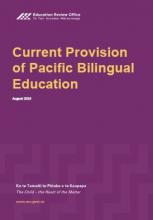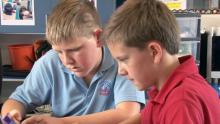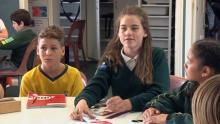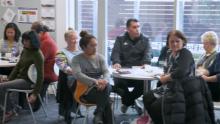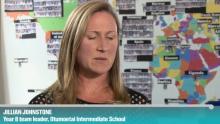Covid-19: Impact on schools and early childhood services - Interim Report
ERO has a comprehensive and fast-tracked work programme underway to understand the ongoing impact of Covid-19 on students, services and schools, and on teaching and learning in Aotearoa New Zealand in the English and Māori medium education sectors.
